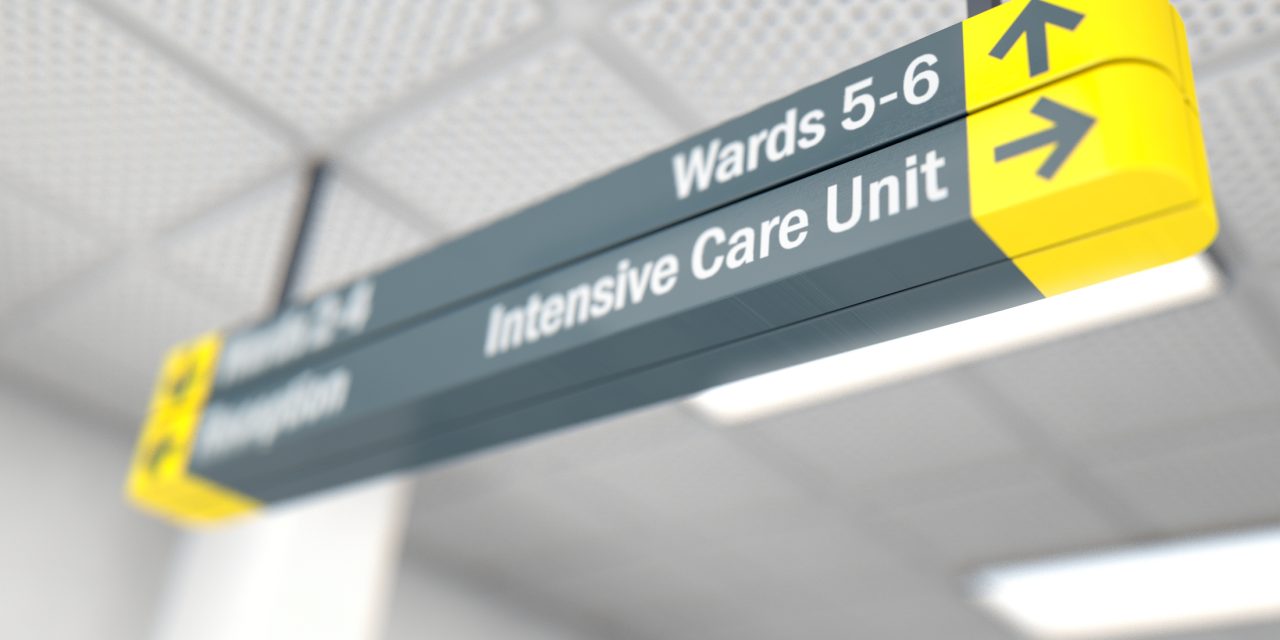The Brain Trauma Foundation (BTF) published evidence-based guidelines with a detailed approach to the management of intracranial hypertension (ICH) in traumatic brain injury (TBI) patients. However, management with cerebrospinal fluid (CSF) drainage in TBI patients remains a controversial topic and is a recent addition to the 4th Edition of the BTF guidelines. External lumbar drainage (ELD) has been proposed for the management of patients with refractory ICH despite aggressive measures. ELD has been described in the literature with possible benefits in outcomes; still, many questions remain unanswered.
A systematic search on MEDLINE was conducted for articles that studied lumbar CSF drainage in adult TBI patients with ICH.
Eleven studies met the inclusion criteria, which included 5 prospective and 6 retrospective studies. Several studies showed that CSF drainage via lumbar drain resulted in significant reduction of ICP compared to before ELD placement and had a low complication rate. However, the data reporting mortality and functional outcomes are varied across studies.
The literature suggests that ELD may play a role in the management of refractory ICH in TBI patients when first and second-tier measures fail and may be a safe, effective, and minimally invasive method to significantly lower ICP. Additional research and standardized treatment protocols are necessary.
Copyright © 2021. Published by Elsevier Masson SAS.
A review of external lumbar drainage for the management of intracranial hypertension in traumatic brain injury.


